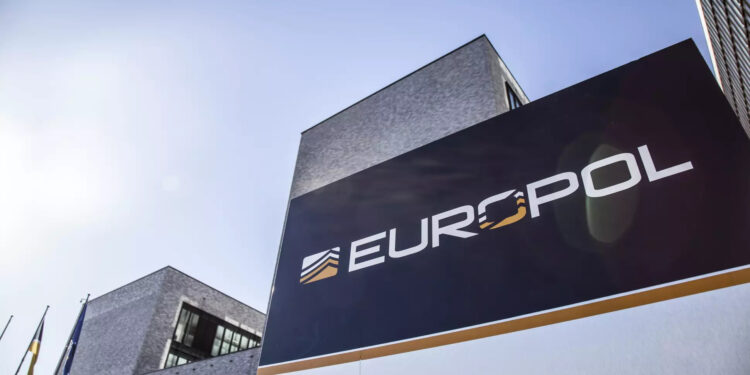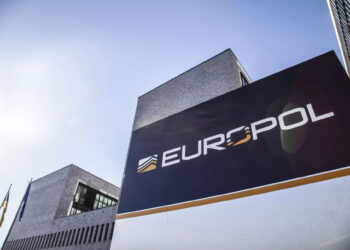Brussels – 86 per cent of most dangerous criminal networks in the European Union use legal business structures to strengthen their power and expand their criminal operations. This is what emerges from the latest report of Europol, the European Union Agency for Law Enforcement Cooperation.
Legitimate businesses have become crucial hubs for organised crime since they are frequently used to cover illicit activities. One example is the laundering of criminal proceeds, the distortion of economic competition, the transportation of illicit assets and the expansion of criminal networks. The Agency conducted a detailed assessment to offer further insights into this type of abuse, following the requirement expressed by the Council of the EU in its June 2024 conclusions regarding criminal activity mapping.
Of those exploiting legal businesses, the majority (63 per cent) do so by creating their own businesses, infiltrating existing ones, or colluding and bribing key individuals in existing businesses. Sixteen per cent of networks infiltrate the lower level of companies by colluding with employees, while seven per cent use legal structures without their knowledge.
The money-intensive nature of some businesses is further exploited to protect money laundering activities, creating unfair advantages that impact legitimate businesses. In general, any legal business is susceptible to exploitation since it potentially offers criminal networks various opportunities in the various sectors they deal with and for a wide range of illicit purposes.
Criminal networks also insert themselves into local communities and go so far as to promote economic dependencies that act as a shield to law enforcement. This suggests a high level of infiltration, which eventually allows illegitimate and licit activities to be combined continuously. Among other things, bribery or collusion creates the problematic presence of insiders, who, through their positions in the company, are able to help criminal networks through their positions as employees, managers, or even executives.
The cross-border dimension has its specific weight in this analysis. Although abuse of legal business structures is a global phenomenon, 70 per cent of the exploited or infiltrated companies used by illegal networks based in the EU operate within the EU or in neighbouring countries. A significant proportion of criminal networks in the EU are involved in legal structures elsewhere in the world.
More than a network, one can speak of a web. Crime-controlled enterprises often serve multiple networks simultaneously, linking various forms of serious and organized malfeasance. According to Europol, the agility and ability to exploit economic opportunities exhibited by criminal organizations are remarkable.
European agenda policies are also being exploited, in addition to better-known areas of crime such as drug trafficking. Given the efforts toward a green transition, various types of fraud may flourish in the green economy sector, especially in fraudulent trading of carbon offsets (VER). Basically, legal companies are used to resell carbon offsets to other companies or declare a lower net emission and formally offset it. Trading fraudulent carbon offsets between companies presents opportunities for money laundering.
Another area in which these activities are expanding is the trafficking of migrant persons, in which they go so far as to involve travel agencies to plan the trafficking and facilities in the hotel industry to accommodate irregular migrants, with bookings made with highly regulated European platforms such as Booking.com.
Infiltration affects all business sectors, from cash-intensive enterprises to real estate, construction, and logistics.
Overall, every sector is vulnerable to potential exploitation, and every aspect of illicit activities is potentially covered by licit activities, both online and offline, with widespread European and global reach. Effectively addressing this pervasive threat requires a comprehensive, multi-layered strategy that connects law enforcement, regulators, the private sector, international allies, and initiatives such as the European Multidisciplinary Platform against Criminal Threats (EMPACT) and leads to concrete initiatives of various kinds.
English version by the Translation Service of Withub







